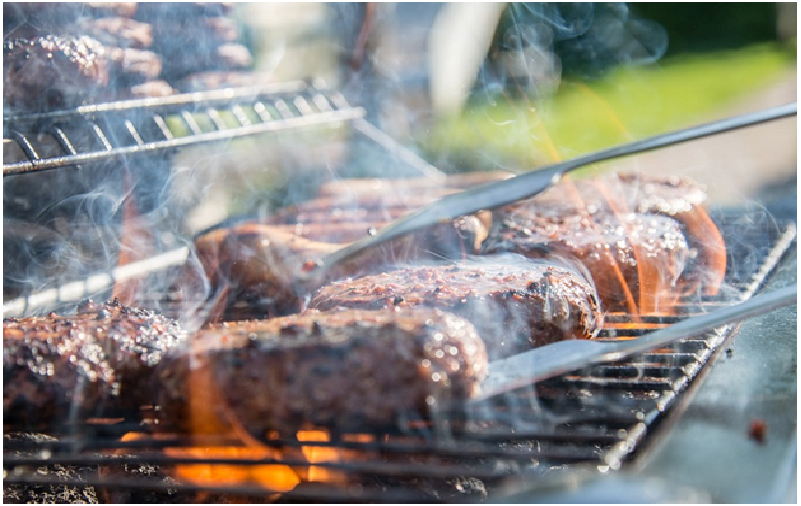
A Guide for Smoking Meat
What originated as a method of preserving food back when refrigerators weren’t invented is now a very popular way of cooking meals, mostly due to the sheer deliciousness and the unique flavor smoked meat tends to have. Even though entire books have been written on this subject, contrary to popular belief, it doesn’t take years or any special skills to learn how to smoke meat properly. Here is everything you need to know to dive right in and start smoking like a pro today:
Choosing the right smoker
A smoker can be anything from a hole in the ground to an expensive smoker, and the fuel can range from electricity to hardwood. Which type of smoker you choose will depend on several factors, including the available space you have, the fuel you’d like to use, the amount of effort you’d like to put into the smoking process, as well as your budget. So, choose the type of smoker that you think best suits your needs, whether it’s an electrical, propane, charcoal or wood smoker, but bear in mind that if you don’t use hardwood as your fuel, you might not get that satisfying smoky taste to the food.
Selecting the cuts of meat
The type of meat you choose to smoke is purely a matter of personal taste. Although the popular choices are ribs, brisket and pork shoulder, you can also smoke anything from a prime rib and lamb shoulder to whole poultry and fish, or even cheese and nuts. However, you should never compromise on the quality of the meat you buy. Instead of chasing good deals at grocery stores, visit your local butcher or a farmer’s market and talk to the farmers and ranchers who produce the food you consume, to ensure you are buying the best possible quality.
Controlling the temperature
Low and slow is the key to perfectly smoked meat, which is why it would be ideal to keep the temperature between 200 and 220 degrees Fahrenheit. This will give the smoke enough time to sink into the meat, while naturally tenderizing it in the process. It would be a great idea to invest in a wireless bbq thermometer, as it will allow you to monitor the temperature from your smartphone, ensuring you end up with perfectly smoked meat even when you don’t have the time to keep an eye on your meat during the entire smoking process.
Sustaining the smoke
Another important rule of smoking is to position the meat in the smoker perfectly, so that it is surrounded by smoke, instead of being directly above it. You want to maintain a good, thick stream of smoke around the meat at all times, to give it the exposure needed to beautifully enhance the flavor. The smoke also needs to be moving constantly, to prevent it from turning the meat bitter, because of a buildup of creosote.
Maintaining the moisture
Apart from making sure the smoke is ideal, you also need to ensure that your smoker is steaming. Most smokers come with a water pan, which should always be filled up, as this is a crucial step in keeping the meat soft and tender during the smoking process. If you have a larger smoker, the pan will probably need to be filled a couple of times while smoking. Another way to keep the meat moist is to add a marinade before cooking, or even a sauce while the meat is smoking, but this step is entirely up to you and your personal taste.
Calculating cooking time
To find out how long you need to smoke your meat, you have to take three factors into consideration: the type of meat, the thickness and the temperature of the smoker. On average, most meats require 6 to 8 hours, but brisket could take up to 22 hours. When smoking, some cooks will follow the “3-2-1” rule, where the meat is left to smoke for the first 3 hours, then it’s wrapped in aluminum foil for the next 2 hours so the interior of the meat can cook properly, before the foil is removed for the last hour to allow the outside of the meat to develop a crisp exterior.
Even though smoking meat can be a lengthy process, the results are well worth the effort. And with this simple guide, there’s no denying you’ll be able to smoke the softest, most tender and delicious meat like a pro.


